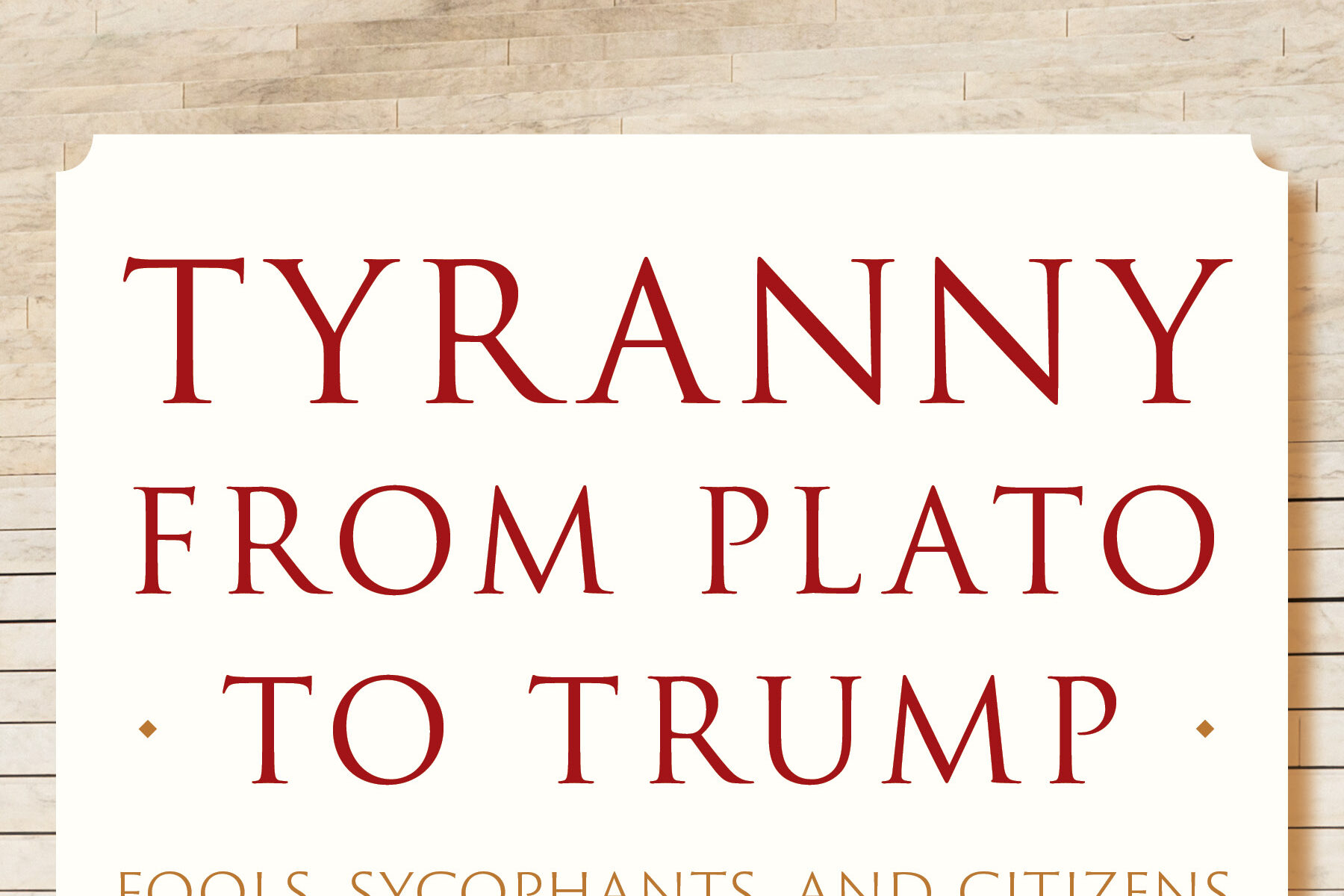Voting is a little like a leap of faith
Your vote does not count for much. In the U.S., there are about 150 million registered voters. You are only one among 18 million registered California voters. But there are good reasons to vote anyway. Voting allows you to express your values and participate in civic life.
Ron Hirschbein, a philosopher at Chico State, wrote a book in the 1990s, “Voting Rites,” that considers the metaphysics of voting. I spoke with him the other day. Hirschbein says, “The cruel mathematics of mass society destroys the narcissistic belief that your vote matters.”
The large numbers involved make it unlikely that your vote will change the world in your favor. If you view your vote as an instrument serving your self-interest, then voting is a waste of time.
But voting is not merely an instrumental activity. It is also a meaningful social ritual. Voting has symbolic and expressive value. It is a participatory social act. This year you can help elect the first female president or a billionaire outsider. You can also write in “none of the above.”
Your vote is meaningful to you, even if it does very little to change the aggregate vote count. It is an expression of your hopes and your values. And it matters to you, even if your vote is merely a drop in the bucket.
 Consider this analogy. After a concert, people applaud. Your claps only make a miniscule contribution. No one would miss your clapping if you chose not to applaud. But you would miss out on the opportunity to participate in the process. Applauding is a symbolic and expressive gesture, done in solidarity with the audience and in support of the musicians.
Consider this analogy. After a concert, people applaud. Your claps only make a miniscule contribution. No one would miss your clapping if you chose not to applaud. But you would miss out on the opportunity to participate in the process. Applauding is a symbolic and expressive gesture, done in solidarity with the audience and in support of the musicians.
Voting is similar. We demonstrate solidarity with other citizens by voting. And we express a kind of faith in the political show.
Admittedly, there are good reasons to be skeptical of all of this. Citizen solidarity may seem absurd in a divided nation. Many people fear that the political show is a rigged carnival game. Monolithic parties, political dynasties, insider trading, gerrymandering and big money all serve to undermine our faith in democracy.
To vote is to say, “Despite all of this, I assert my constitutional right to participate in self-governance.” This is an expressive act and a leap of faith.
Faith – religious, civic or otherwise – is belief in the absence of evidence. In social contexts, faith performs an important conjuring act. Political societies only exist so long as citizens believe in them. Teams, social clubs, businesses, and nations fall apart when we lose faith.
Maybe we are heading in that direction. In 2012, just over half of eligible voters voted. U.S. voter turnout rates trail behind the rest of the world. Maybe Americans are simply giving up on the charade, refusing to applaud this tired old show.
Social life is an elaborate ritual that requires willingness to play along. Ghosts and witches are fantasy, but we carve our jack-o-lanterns anyway. It’s all phony. But when we play along, Halloween exists.
SOCIAL LIFE IS AN ELABORATE RITUAL THAT REQUIRES WILLINGNESS TO PLAY ALONG.
Weddings, funerals and graduations are games and shows that require voluntary suspension of disbelief. The ceremonies are formulaic and often lack depth. But we play along, enjoying the process and the result.
It may seem disenchanting to admit all of this, but grown-ups know that social rituals involve make-believe. Acknowledging this creates deeper understanding of social life and a more realistic assessment of our place within the social universe.
No individual matters all that much to history or society. But we create the shared social world by our individual deeds and commitments. Understanding this gives us the freedom to invest our spiritual energy wisely and appropriately.
This is ultimately a question of existential philosophy. You truly are a grain of sand. But so what? The beach is beautiful, and we find meaning in participating in things that are larger than ourselves.
Democracy is created by the faith of individuals who vote and thereby participate in the life of the country. One vote does not matter in a country of hundreds of millions. But if that one vote is yours, it matters to you. And democracy only exists when we believe that despite evidence to the contrary, our votes really do matter.
Read more here: http://www.fresnobee.com/living/liv-columns-blogs/andrew-fiala/article112552757.html#storylink=cpy



